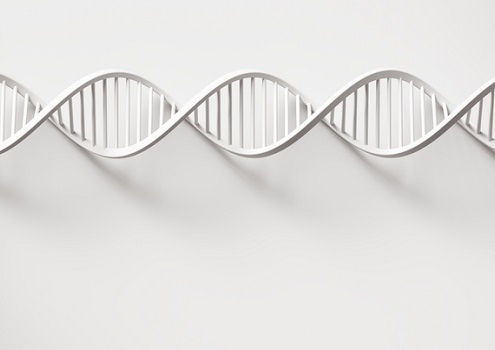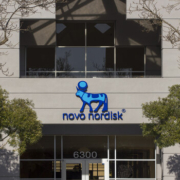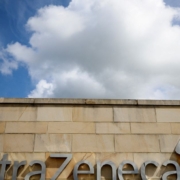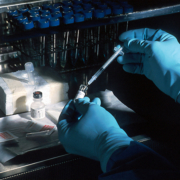Gene editing race between Editas and Vertex, CRISPR heats up
Gene editing race between Editas and Vertex, CRISPR heats up
Published: Jun 09, 2023
By Tristan Manalac
BioSpace
Friday, Editas Medicine unveiled early data from the RUBY and EdiTHAL trials, demonstrating the potential of its gene editor EDIT-301 in sickle cell disease and transfusion-dependent beta thalassemia.
However, Vertex Pharmaceuticals and CRISPR Therapeutics also released positive data today from their sickle cell disease (SCD) and transfusion-dependent beta thalassemia (TDT) hopeful exagamglogene autotemcel (exa-cel), cementing their frontrunner status in the gene editing space. Thursday, the partners announced that the FDA had accepted the BLAs for exa-cel in these indications.
The investigational CRISPR-based, gene-edited therapy was given Priority Review for SCD and is set for a regulatory verdict by December 8, 2023. The TDT target action date is on March 30, 2024.
Editas’ SCD data come from four treated patients in RUBY, the first two of whom achieved normal hemoglobin levels after five months of EDIT-301 treatment. These normal hemoglobin levels persisted until six months in one patient and 10 months in the other. The two other RUBY participants also saw similar improvements in hemoglobin levels.
Editas also presented early findings from the first patient enrolled in EdiTHAL, in whom neutrophil and platelet engraftment turned out to be successful. After more than a month of follow-up, the patient also demonstrated treatment response that mirrored that in RUBY.
The data are early stage, however, compared with those from Vertex and CRISPR. During Friday’s data drop, the partners revealed that of 17 evaluable SCD patients, 16 met the primary endpoint of freedom from vaso-occlusive crises (VOC) for at least 12 consecutive months following exa-cel treatment. Over the same time frame, none of the patients needed to be hospitalized for VOCs, which is a key secondary endpoint of the study.
In TDT, nearly 90% of evaluable patients achieved transfusion independence for at least 12 consecutive months after being given exa-cel. Patients who fell short of this standard still saw substantial reductions in transfusion volume.
As in the case of EDIT-301, exa-cel induced early durable improvements in hemoglobin levels.
Both Editas and Vertex/CRISPR will present their respective data at the ongoing European Hematology Association Congress.
Joining these companies in the SCD race is bluebird bio, which in April 2023 filed a BLA for its gene therapy candidate lovotibeglogene autotemcel (lovo-cel), following a partial clinical hold placed by the FDA in December 2021, citing safety concerns. The hold was released in December 2022.
Many other players have dropped out of the SCD race in recent months, including Graphite Bio and Novartis and its partner Intellia. Sanofi also backed out of its SCD partnership with Sangamo in January 2022.
Source: BioSpace









